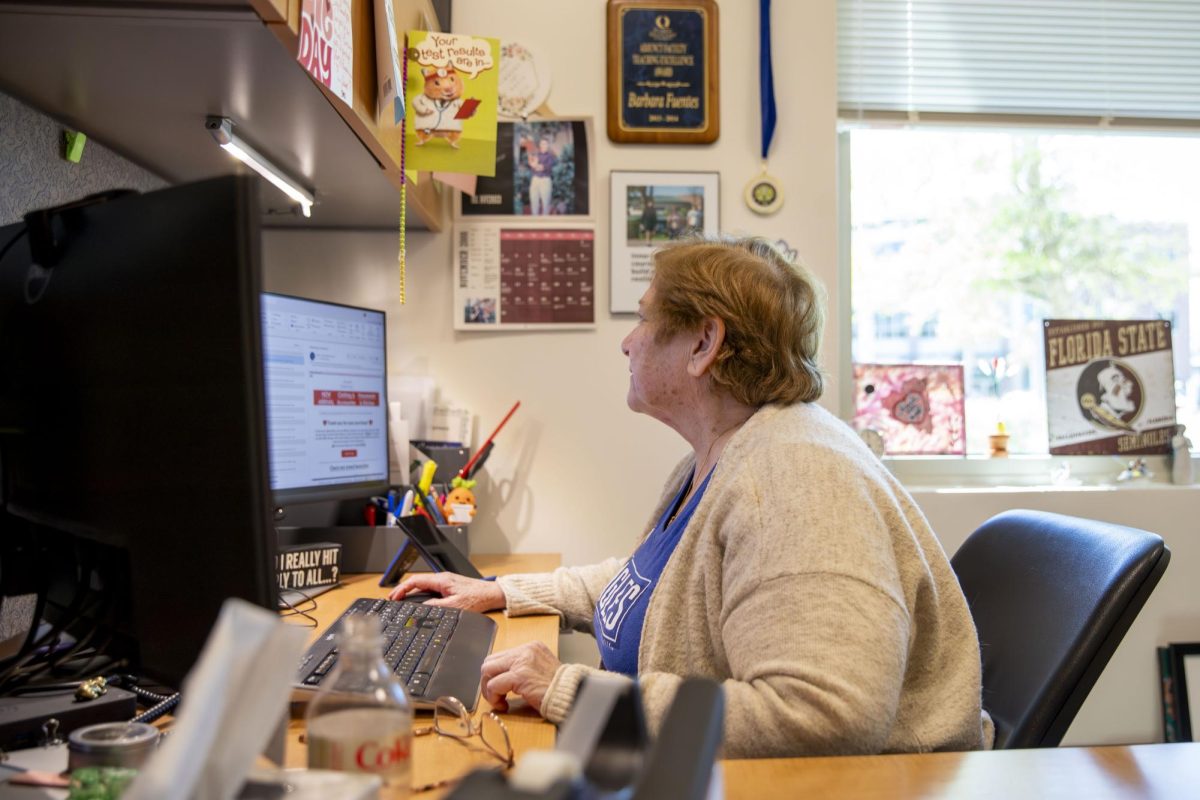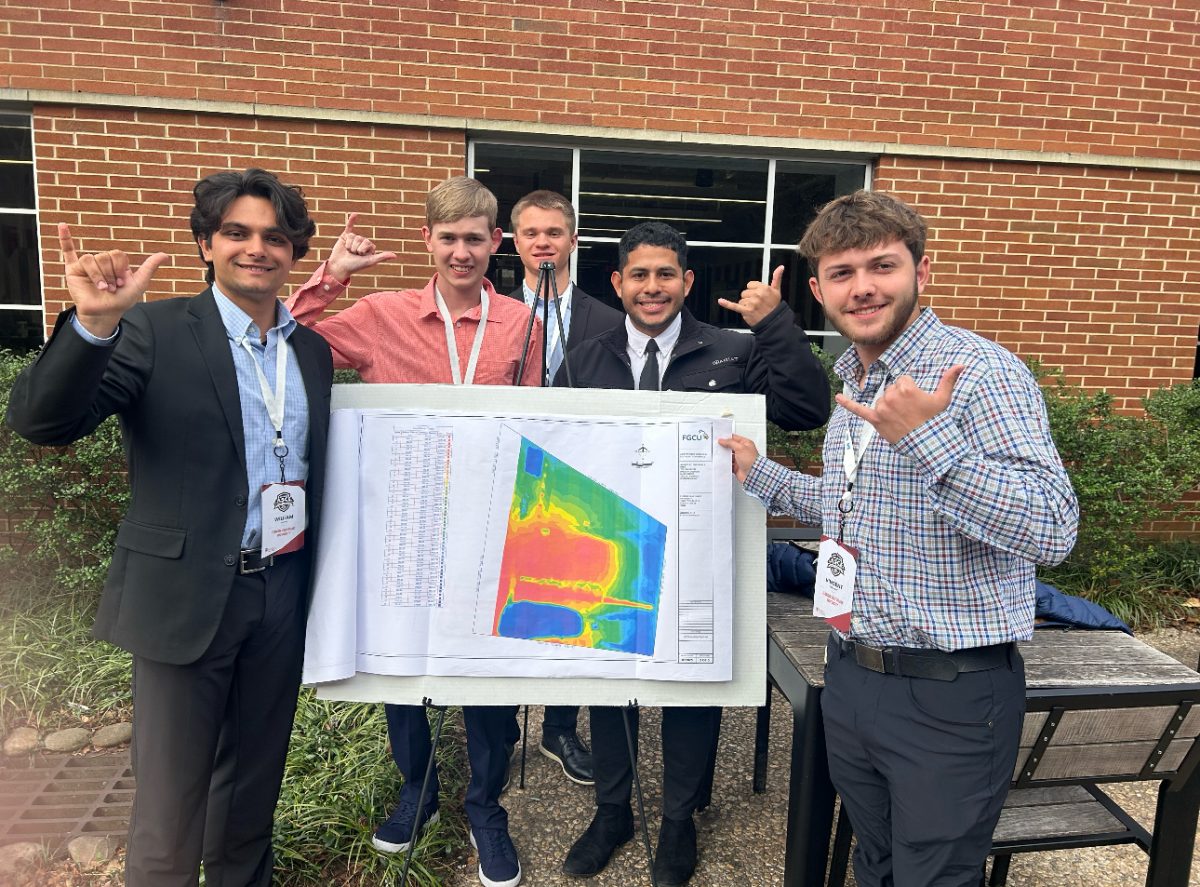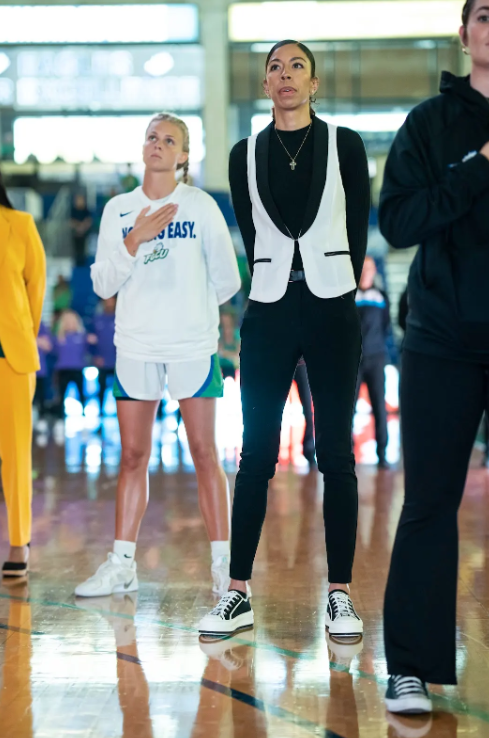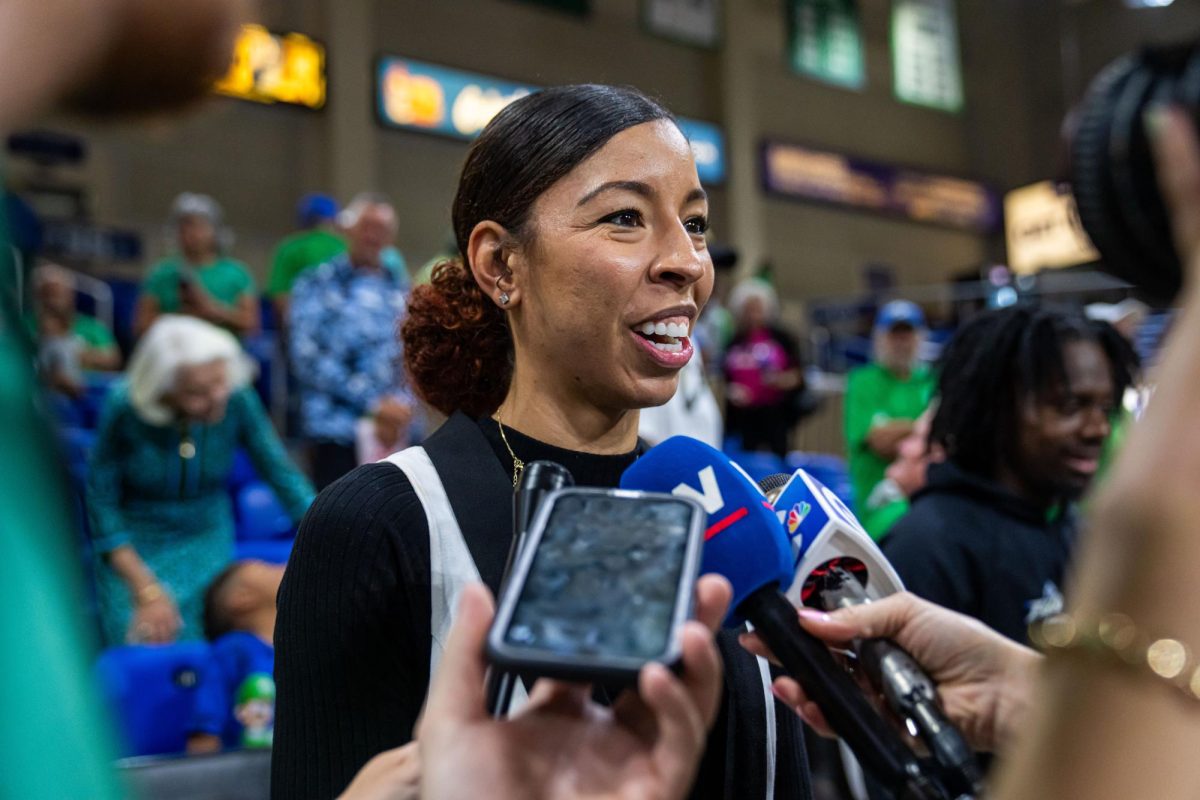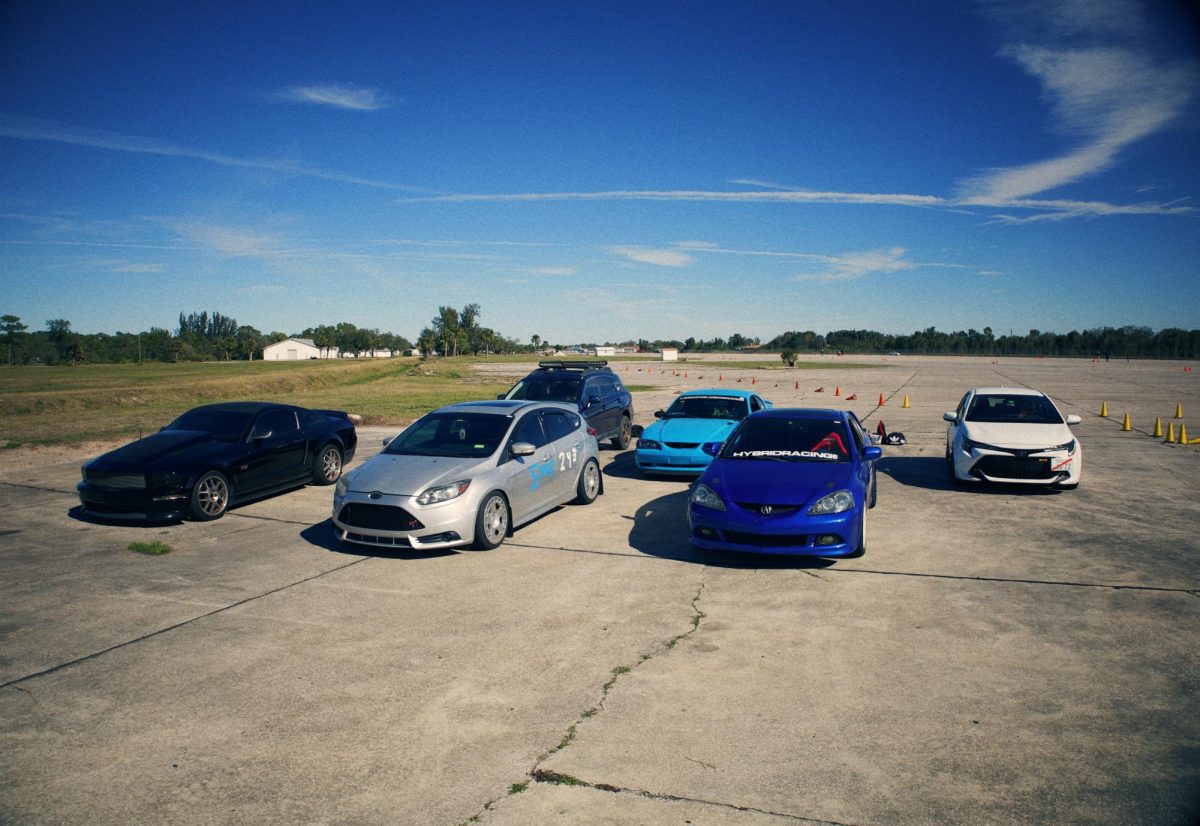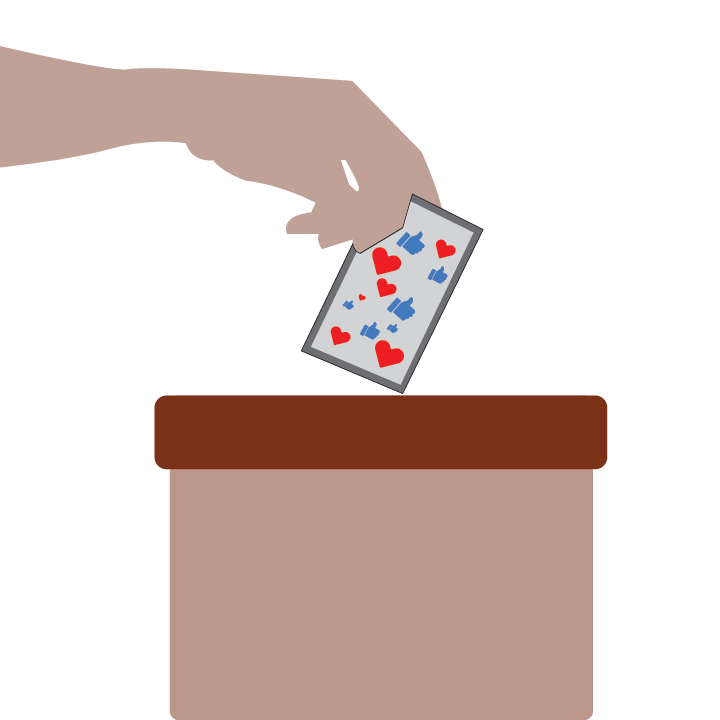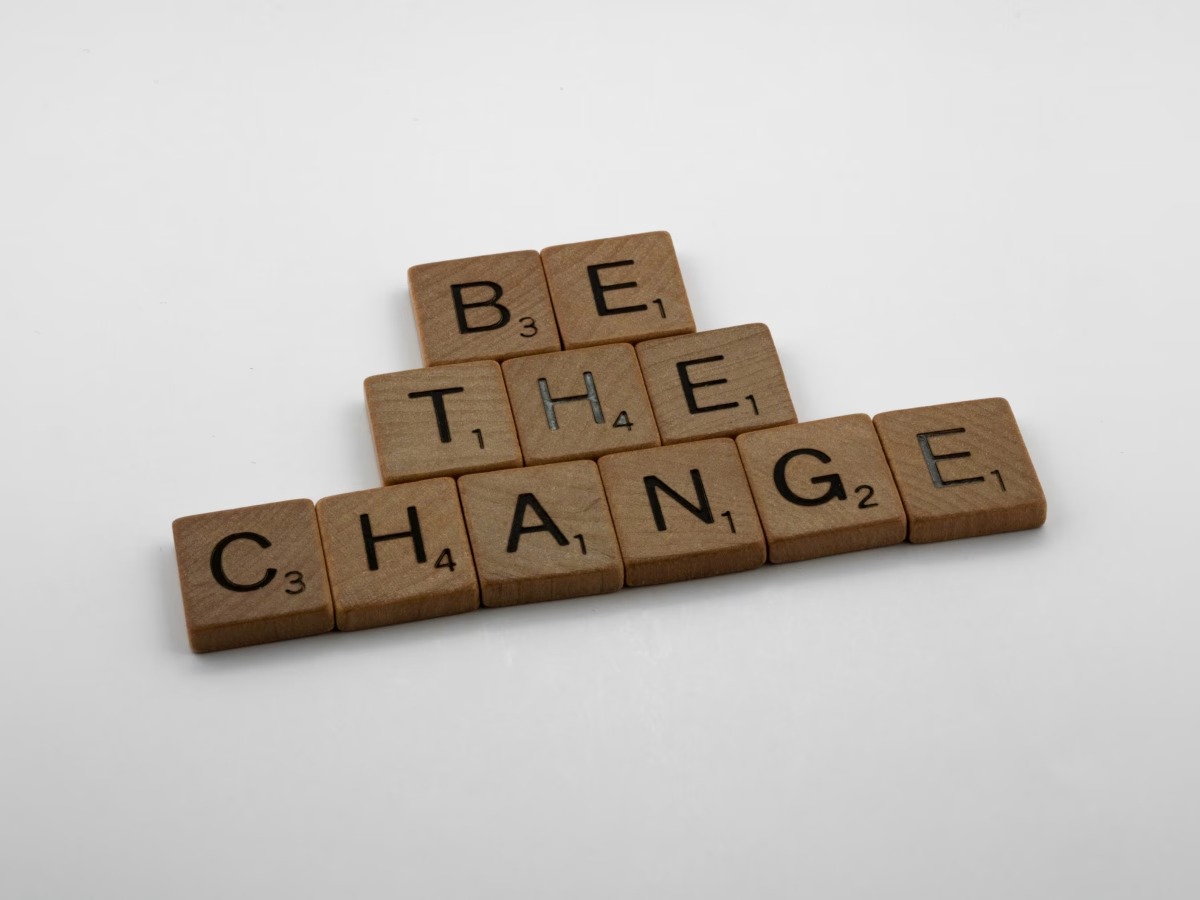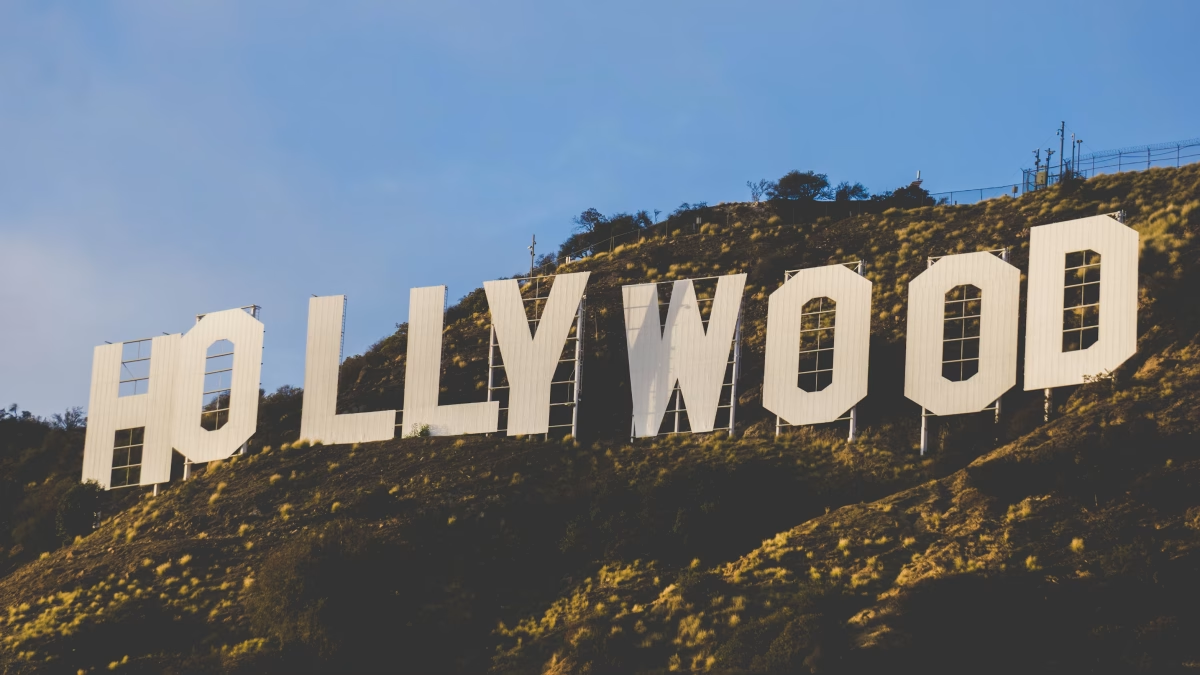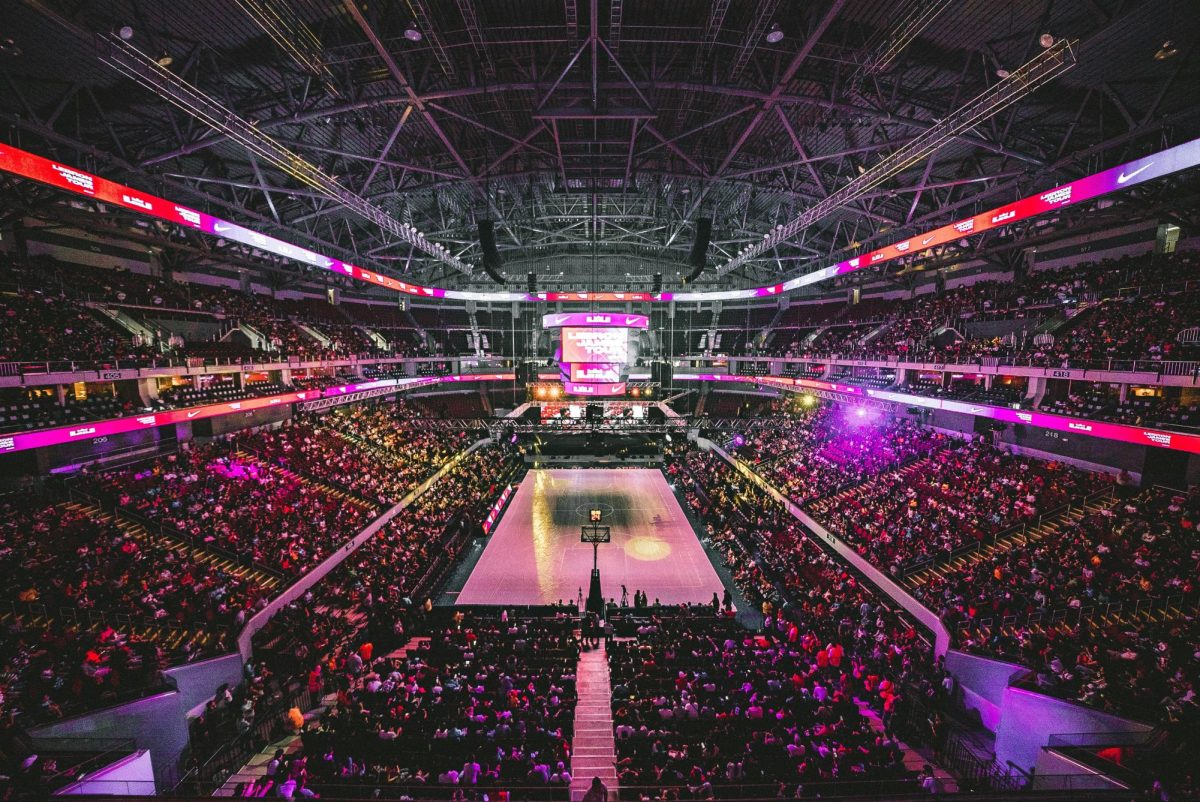The influence technology has on elections has existed since its beginning. Technology’s influence began with the first radio debate and then the first televised debate. Today, social media is the newest technology drawing voters to the polls.
But should social media influence how we vote? In short, I would say no. But going deeper, there is a place for social media in elections. Social media has been an increasing mode of communication amongst voters, and it hasn’t gone unnoticed by this upcoming election’s major presidential candidates, both the Harris-Waltz and Trump-Vance tickets use social media.
I believe social media, like TikTok and Instagram, allows for a more personal connection between voters and parties. These connections encourage civic engagement. The greatest benefit of social media is that it’s fun which makes it easier for people to get introduced to the candidates and see how they plan to implement new policies. Therefore, social media allows millions of voters to get exposure to political content, without the bore of politics.
While these benefits are great, social media can also have negative effects on election seasons and voters alike. Specific issues that come to mind are the spread of misinformation and polarization affecting the American people.
Misinformation is all over social media. You can easily see how certain stories spread about candidates that just aren’t true. Rumors spread and it is often hard to discern the truth.
Furthermore, polarization is also an issue. Social media algorithms show only what you react positively to. Supporters on one side of the political spectrum who then use social media are unlikely to see the opposing side and expand their understanding of important issues. If social media algorithms see you like one video of a certain party, you will see more of that party. It is then likely the algorithm will show only criticism of the party you oppose, fueling the extremism and polarization that runs rampant in our country.
This is where my issue with social media comes from. Following the whims of internet algorithms does not create informed voters. In my opinion, voter information should come from official sources in the news and the actual party platforms. While social media is convenient, it is prone to human bias, therefore it is vital that you read the policies of both major political parties and candidates before deciding who to vote for this November.
Assuming voters are taking time to research and inform themselves, then there is no harm in discussing election issues on social media. But, if this were the case, I would not be writing this article. I think that social media has its place in elections but should not overpower party platforms and subject experts.


